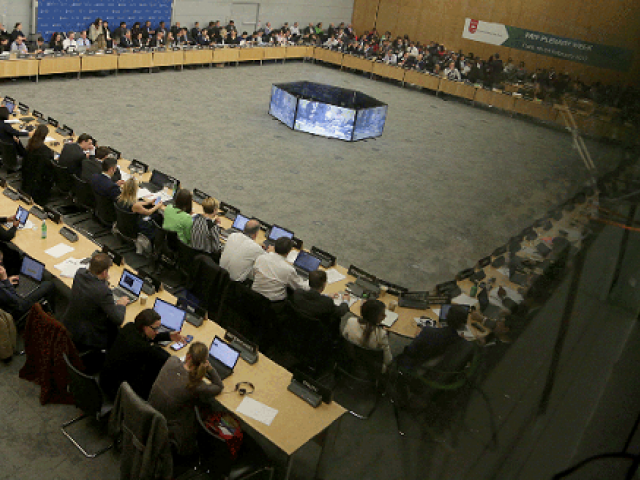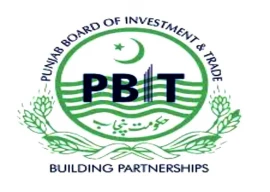
Speakers at an event titled “Contemporary Economic and Security Issues in Pakistan” highlighted the problems of Pakistan’s economy and presented recommendations for their resolution.
They said Pakistan’s financial sector had suffered due to the country’s inclusion in the FATF grey list. However, the State Bank of Pakistan has taken a number of measures to curb money laundering and terror financing.
Economist Kaiser Bengali said foreign direct investment (FDI) had turned into a tool of foreign exchange outflow from Pakistan because foreign enterprises repatriated almost all the profit to their home countries, which did not benefit Pakistan at all.
Giving the example of China, he pointed out that at least 10% of profit made by foreign enterprises was reinvested, which helped the Chinese economy reap benefits of FDI.
Exiting FATF grey list vital for IMF deal: Daban
He expressed doubt that the Rs5.5-trillion tax collection target for the current fiscal year would be achieved and highlighted that shortfall in tax collection was being reported at the end of every month. Discussing fiscal year 2019-20 budget, Bengali pointed out that while internal revenues were projected to grow only 23%, external financing was expected to rise a massive 116%.
“If the tax collection target is not achieved, then external financing can rise far more than 116%,” he regretted.
Bengali elaborated that the International Monetary Fund (IMF) had given a $6-billion bailout package to Pakistan, which was expected to bridge the rest of the shortfall by acquiring commercial loans, but they would further damage the economy because they were disbursed at high interest rates.
Discussing the policy measures required to improve the economy, the economist recommended banning the import of all non-essential consumer goods in order to promote import substitution.
He was of the view that higher tariffs on such imports would promote smuggling, hence, a total ban was the most feasible option.
Bengali underlined the need for promoting the industrial sector and termed it the spine of the economy because it contributed to the country’s exports and provided jobs. He also called for slashing the general sales tax to 5% from the current 17% to pave the way for increase in the number of industries as well as tax revenue.
The economist demanded reduction in non-development expenditures by at least Rs1 trillion and diverting the amount for making improvement in the country’s infrastructure.
Speaking on the occasion, University of Karachi Assistant Professor Nausheen Wasi gave a detailed presentation on Pakistan’s inclusion in the FATF grey list and decried that the financial sector had borne the brunt of that.
Published in The Express Tribune, December 6th, 2019.
Like Business on Facebook, follow @TribuneBiz on Twitter to stay informed and join in the conversation.

















COMMENTS
Comments are moderated and generally will be posted if they are on-topic and not abusive.
For more information, please see our Comments FAQ